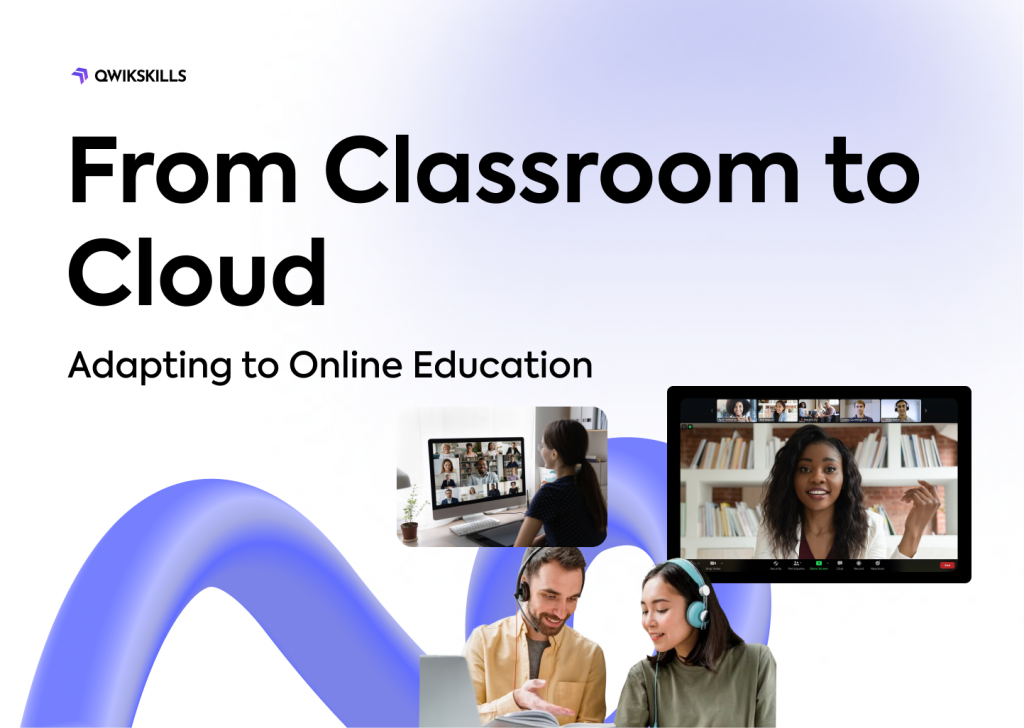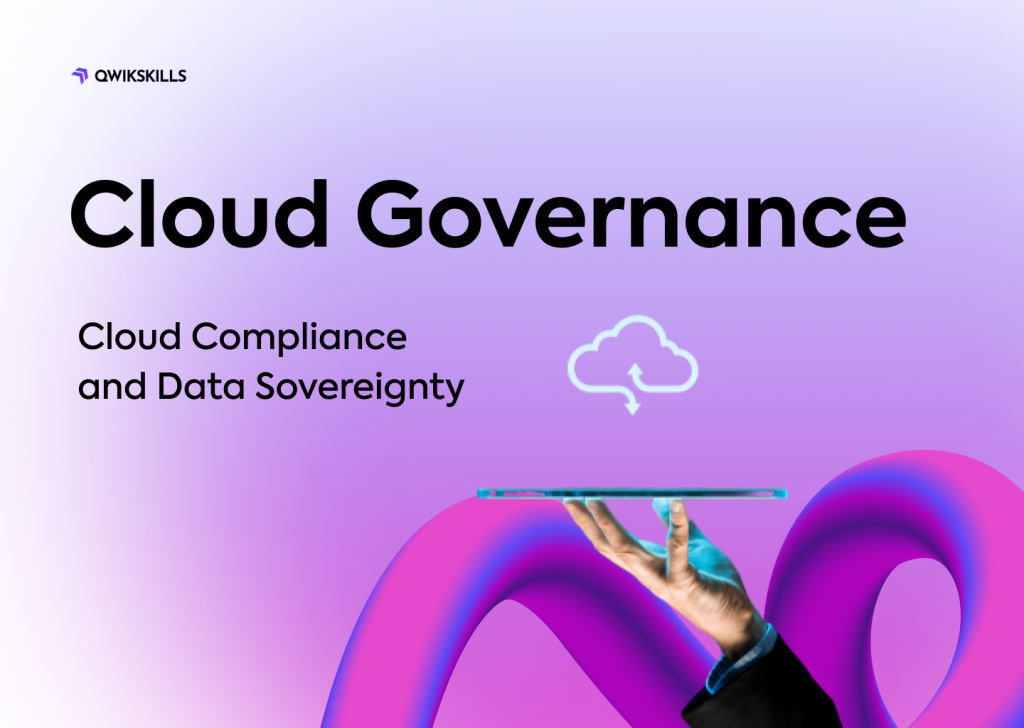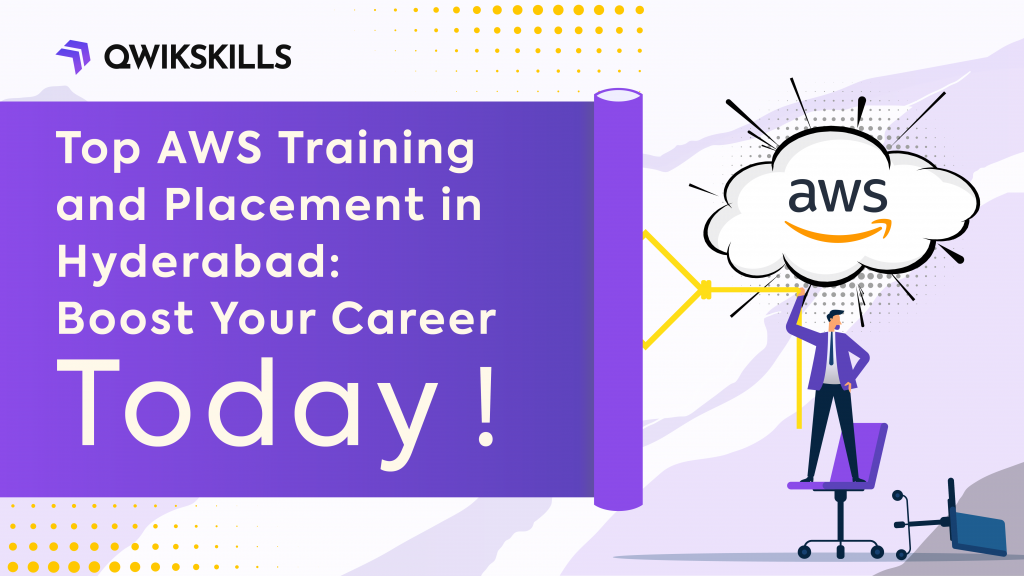Selecting a cloud platform to learn depends on several factors including your current skills or demands in the job market. There is no absolute rule in learning a particular cloud platform, as most of them can be used to solve the same problems. Below we will analyze the top 3 cloud computing services.
Amazon Web Services (AWS)
AWS is the most widely used cloud platform globally, having more than a decade of experience with an expansive range of services tailored for different use cases. AWS is currently at the top of the food chain, holding the world’s largest public cloud market share. It has been around since 2006 and was the first to offer infrastructure services through the Internet. That being said, AWS has the advantage of having the most evolved technologies in terms of support and functionality.
- Pros
- Leading Cloud Innovator
- Broad Global Presence
- Mature and Feature-riched Cloud Technologies
- Good Documentation Of Services
- Extensive Training Materials
- Cons
- Complex Billing System
- Notable Companies that use AWS
- Netflix
- Airbnb
- Spotify
- Why learn AWS?
- AWS Certifications are the most sought-after in the cloud industry.
- There is more demand for AWS skills when compared to other Cloud Platforms.
- AWS is easier to learn if you have no prior Cloud experience as there are more learning materials (blogs, eBooks, video tutorials) that you could find online.
Microsoft Azure
Azure is the second-largest Cloud Service Provider next to AWS. The Azure platform has excellent support for interoperability with data centers (especially with Microsoft’s software integration) making the hybrid cloud its major advantage.
- Pros
- Offers a familiar environment to native Microsoft users
- Ease of integration with other Microsoft products
- Hybrid cloud
- Cons
- Costly pricing models
- Complicated interface
- Poor documentation of services
- Notable companies that use Azure
- eBay
- Boeing
- Samsung
- Why learn Azure?
- You’ll have a deeper reason to learn Azure if you are an experienced user of Microsoft’s services (Windows Server, SQL Server, .NET, Dynamics Active Directory)
- If you have existing Microsoft Certifications like MCSA: Windows Server 2016, MCSA: Office 365, MCSA: Windows 10, then it is more logical to learn Azure to further solidify your credentials when applying for a Cloud-related job.
- Azure has two certifications (Azure Fundamentals and Azure Administrator Associate) that are included in the 15 top-paying IT certifications.
Google Cloud Platform (GCP)
GCP is relatively new to cloud computing. And despite being an underdog, GCP is slowly catching up and becoming a threat to AWS and Azure. Among the three cloud platforms, GCP offers the cheapest pricing model and has flexible cost control, allowing you to try different services and features. It is estimated that 1.17 billion people use Google Search. And It is impressive to note how Google handles traffic with that kind of magnitude. One of the main benefits of running your applications in GCP is getting access to the same resources and tools that power Google.
- Pros
- Live Migration Of Virtual Machines
- Cheap Pricing Model
- Broad Toolset for Artificial Intelligence and Machine Learning
- Strong Integration and management of Google’s technologies (Google APIs, Kubernetes)
- Cons
- Limited Product Range
- Smaller Global Presence Compared To Other Cloud Platforms
- Notable companies that use GCP
- Coca-Cola
- Snapchat
- Ubisoft
- Why learn GCP?
- According to Global Knowledge, Google Certified Professional Cloud Architect is the top-paying IT certification with an average salary of $175,761.
- Whether you’re a hobbyist or a professional developer who mainly uses Google’s services (Firebase, Google Maps API) in your application, learning GCP would be beneficial to you or your company. GCP provides easy management and monitoring of APIs that are supported by Google by default.
- Despite the limited features and products offered by GCP, it has pretty powerful integration with Google’s open-source technologies like Kubernetes. Kubernetes is a famous orchestration tool for managing containers. Modern applications are usually deployed on controlled containers in the cloud. And if you’re interested in operating Kubernetes, then learning GCP will make you more valuable than learning other cloud providers.



